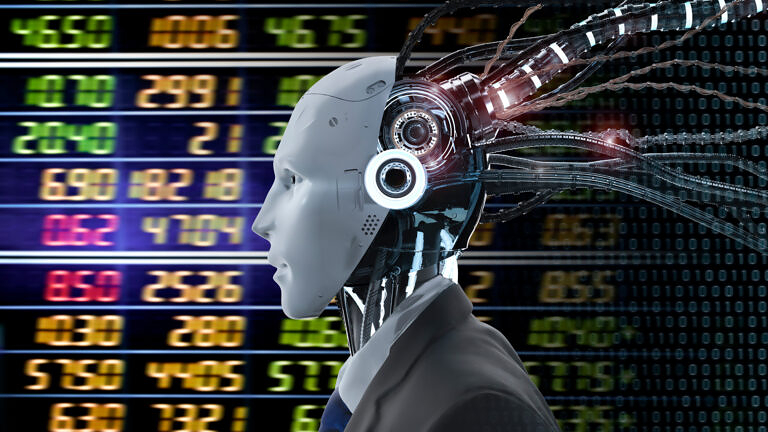AI and automation
AI and Automation: How Artificial Intelligence is Transforming Industries and the Workforce
The Rise of AI and Automation
Artificial Intelligence (AI) and automation are reshaping industries, streamlining processes, and changing the nature of work. From self-driving cars to AI-powered customer service, these technologies are advancing rapidly, bringing both opportunities and challenges.
Key Trends in AI and Automation (2024)
✔ Generative AI (ChatGPT, Midjourney) is revolutionizing content creation
✔ Robotic Process Automation (RPA) handles repetitive tasks in business
✔ AI-powered analytics improves decision-making in finance and healthcare
✔ Autonomous machines (drones, robots) enhance manufacturing and logistics
How AI and Automation Are Changing Industries
1. Healthcare
- AI diagnostics: Faster, more accurate disease detection (e.g., AI radiology tools)
- Robot-assisted surgery: Precision operations with minimal human intervention
- Virtual nurses: AI chatbots for patient monitoring and reminders
2. Manufacturing & Logistics
- Smart factories: AI optimizes production lines in real-time
- Warehouse robots: Amazon’s Kiva robots automate inventory management
- Self-driving trucks: Companies like TuSimple are testing autonomous freight
3. Finance & Banking
- Fraud detection: AI spots suspicious transactions instantly
- Algorithmic trading: AI executes high-frequency trades in milliseconds
- Chatbot advisors: AI helps customers with loans and investments
4. Retail & Customer Service
- Personalized shopping: AI recommends products based on browsing history
- Automated checkouts: Amazon Go stores eliminate cashiers
- AI customer support: Chatbots handle FAQs 24/7
5. Transportation
- Autonomous vehicles: Tesla, Waymo, and Cruise lead self-driving tech
- Traffic management: AI reduces congestion in smart cities
- Drone deliveries: Companies like Zipline use AI for medical supply drops
The Impact on Jobs: Will AI Replace Humans?
AI and automation will disrupt jobs, but not necessarily eliminate them entirely.
Jobs Most at Risk
- Repetitive tasks (data entry, assembly line work)
- Predictable roles (telemarketing, basic customer service)
- Middle-skill jobs (bookkeeping, basic accounting)
Jobs Likely to Grow
- AI trainers (teaching AI models)
- Robot supervisors (managing automated systems)
- Data scientists (interpreting AI outputs)
- Creatives (AI-assisted design, writing, and art)
The Future of Work
✔ Hybrid workforce: Humans + AI collaboration
✔ Reskilling needed: Workers must adapt to new tech
✔ Universal Basic Income (UBI) debate: Will governments support displaced workers?
Ethical Concerns and Challenges
While AI offers benefits, it also raises serious concerns:
1. Job Displacement
- 30% of jobs could be automated by 2030 (McKinsey)
- Low-skilled workers face the highest risk
2. Bias in AI
- Algorithms can reinforce discrimination (e.g., hiring AI favoring certain demographics)
- Need for diverse training data
3. Privacy Issues
- AI surveillance (e.g., facial recognition in public spaces)
- Data security risks (AI-powered hacking)
4. Regulation & Control
- Who is responsible when an AI makes a mistake?
- Calls for global AI ethics guidelines
How Businesses Can Adapt
✔ Invest in AI training for employees
✔ Combine human + AI strengths (e.g., doctors using AI diagnostics)
✔ Focus on creativity & emotional intelligence (harder for AI to replicate)
✔ Stay updated on regulations (GDPR, AI Act)
The Future of AI and Automation
✅ Smarter AI: More human-like reasoning (Artificial General Intelligence)
✅ Human-AI collaboration: AI as a tool, not a replacement
✅ New industries: Jobs we can’t yet imagine
Final Thought: Adapt or Get Left Behind
AI and automation are inevitable. The key is preparing the workforce, ensuring ethical use, and leveraging AI to enhance—not replace—human potential.

